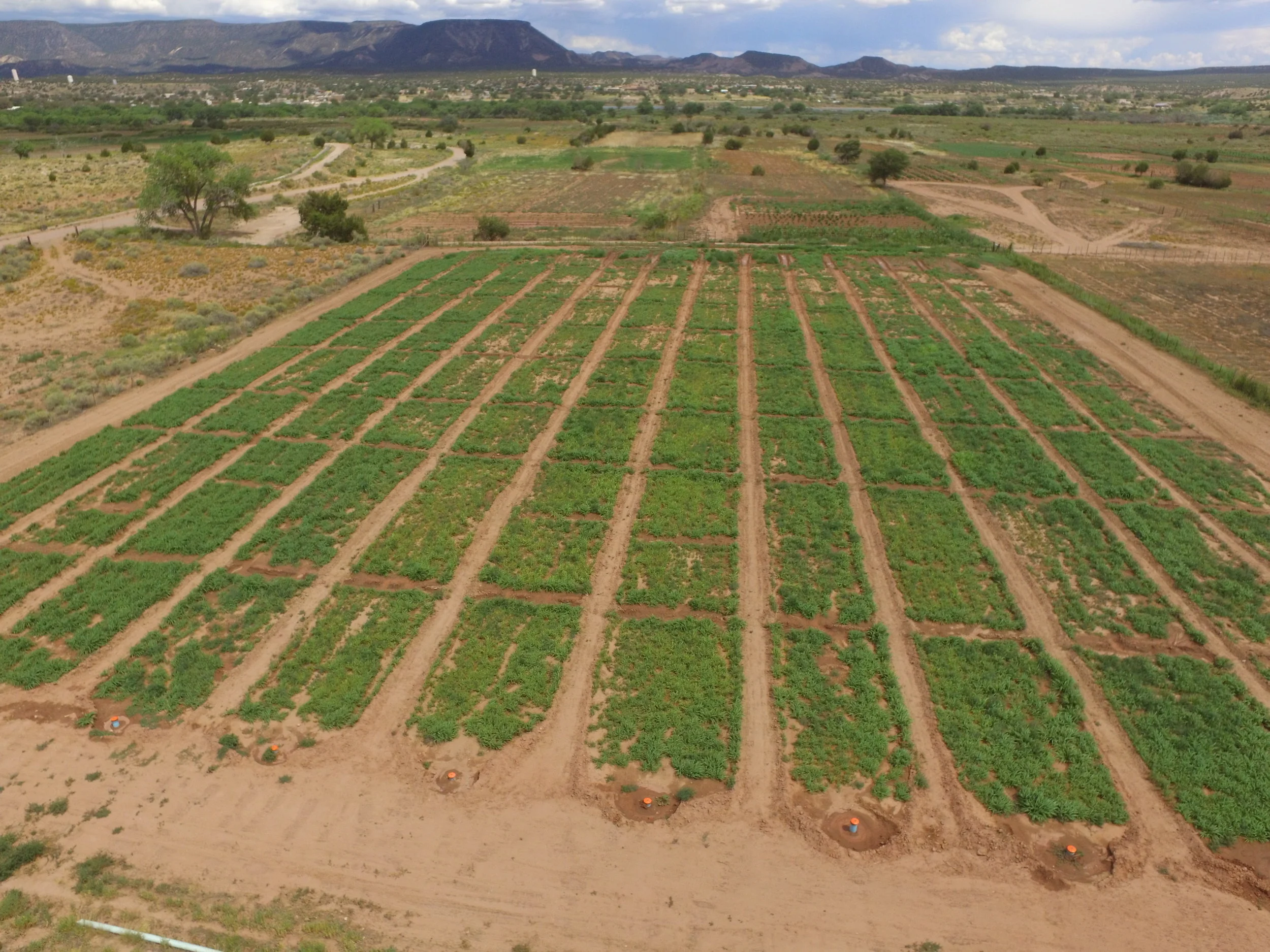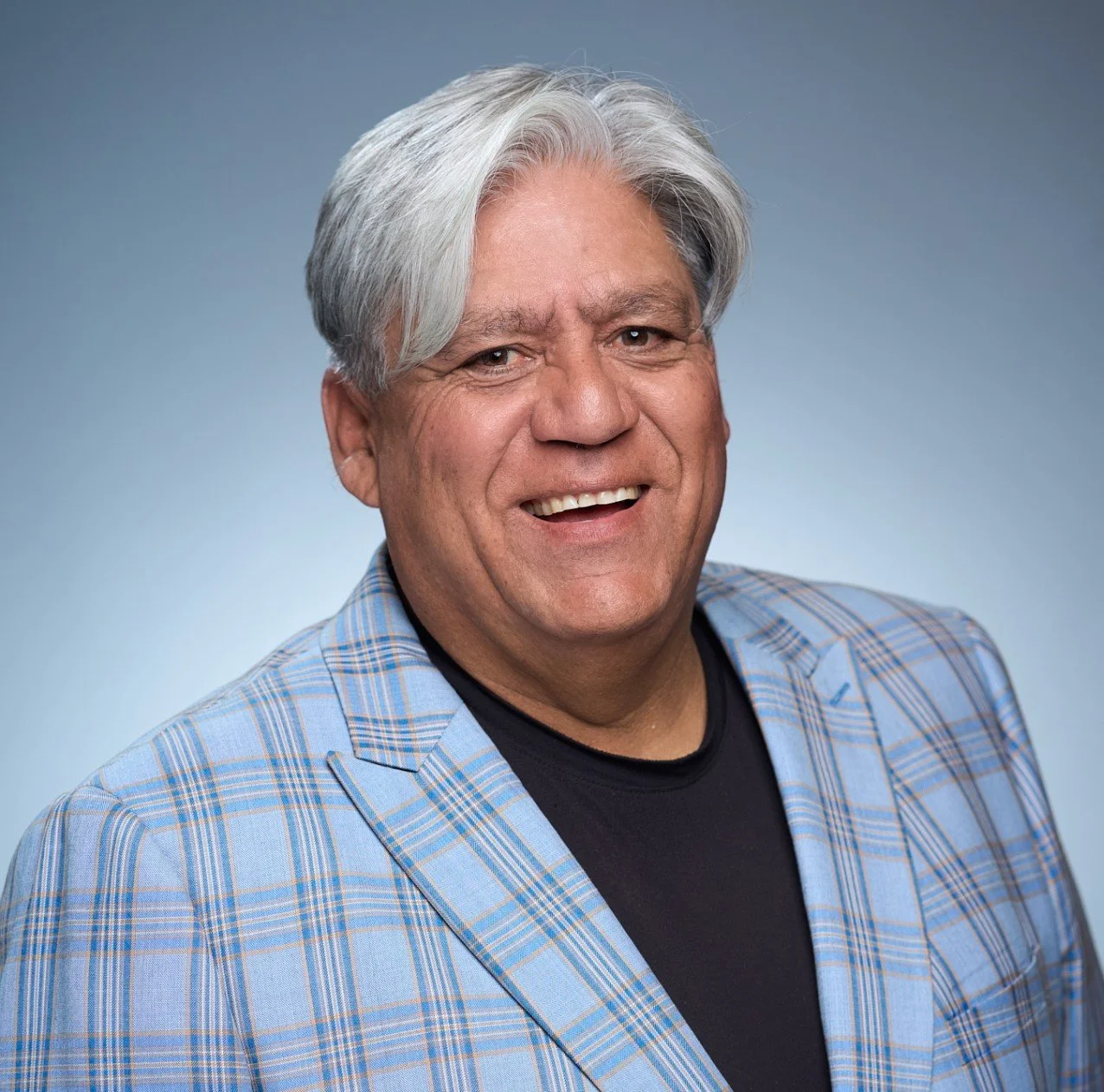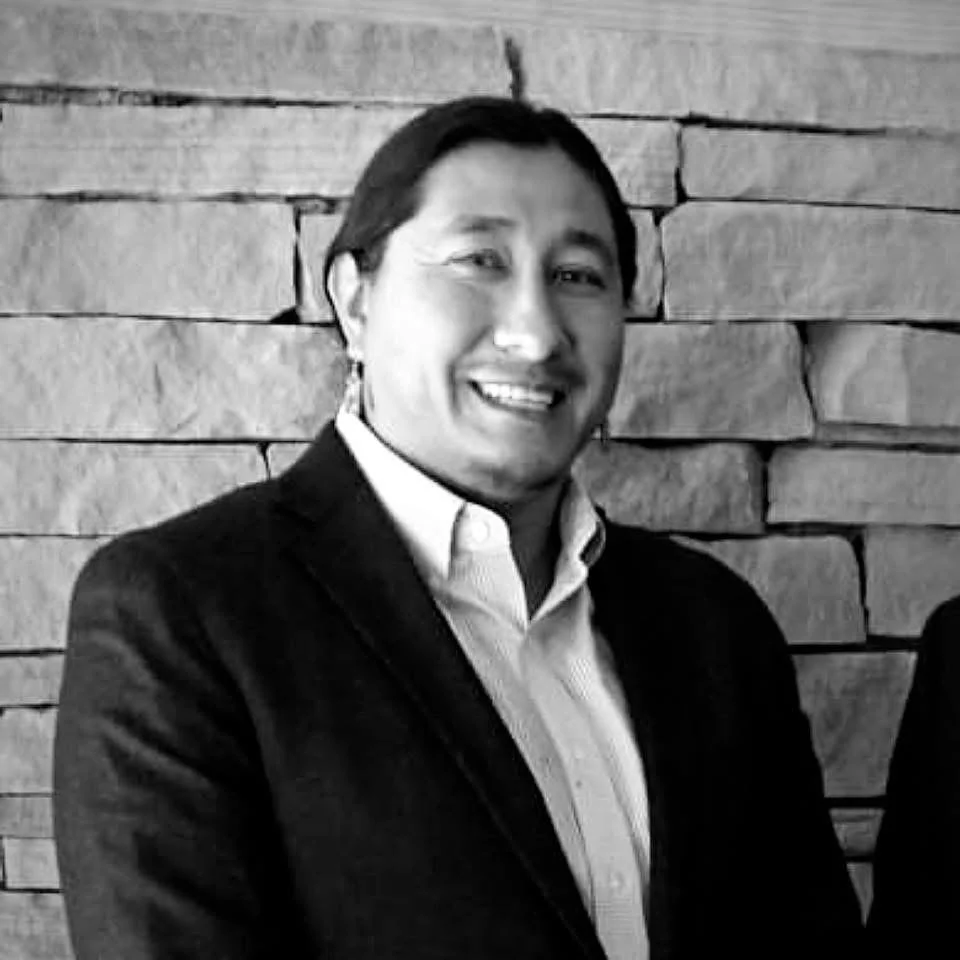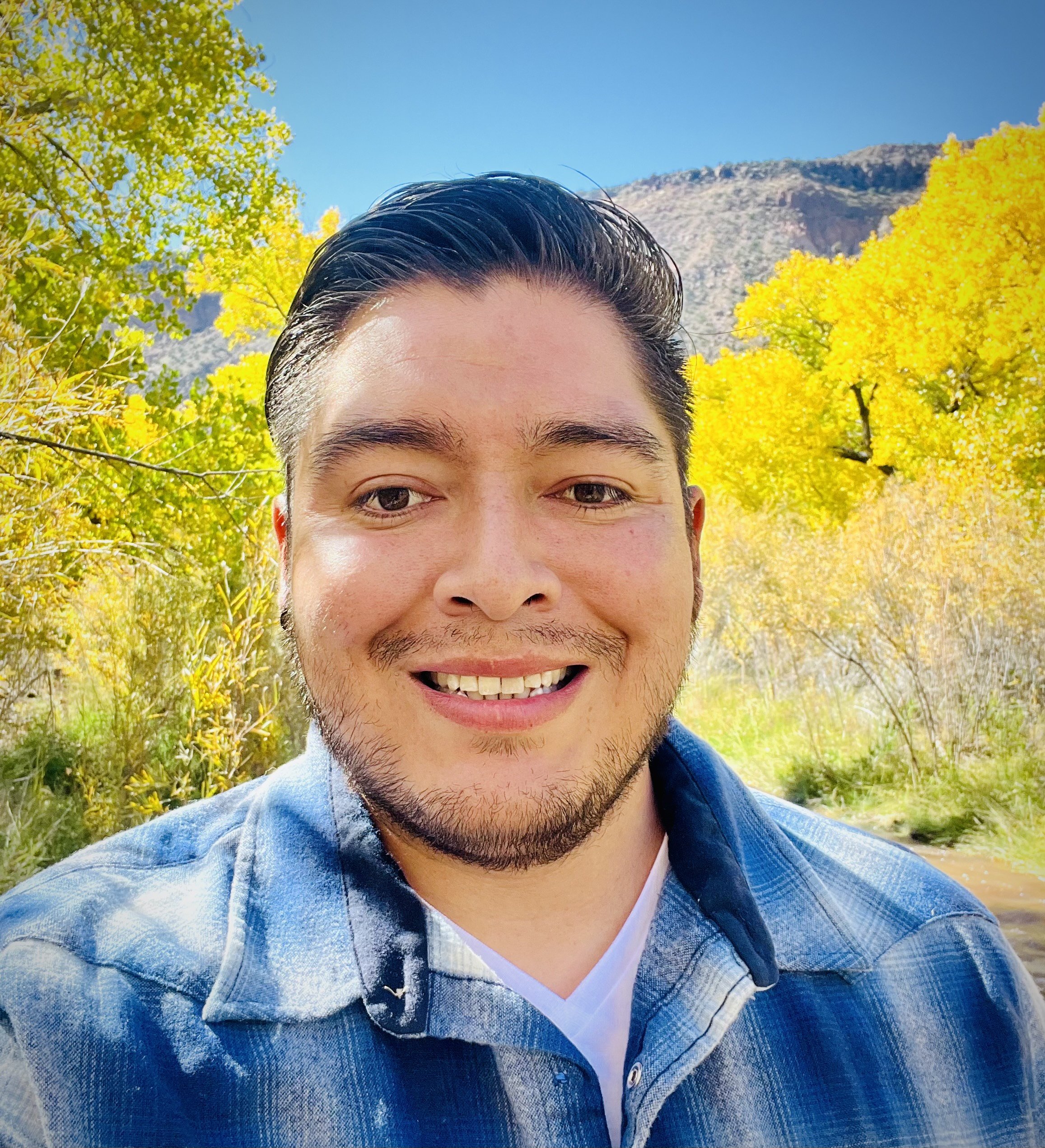Flower Hill Institute's Staff Have Decades of Experience Serving Indian Country
Our Mission
Flower Hill Institute is an Indigenous-led nonprofit dedicated to supporting the resilience of Tribal Nations. Since 2015, Flower Hill has worked with Tribal Leaders and their communities to provide complex problem-solving support and technical assistance on the most pressing issues facing Indigenous communities across the United States.
Our Vision
Flower Hill Institute envisions a future where Indigenous communities thrive—freely practicing our cultures, growing our economies, and providing for our people. By bridging tradition and innovation, we create cultural, economic, and environmental resilience in our communities.
Acknowledgments
As an Indigenous-led non-profit, Flower Hill Institute (FHI) acknowledges and respects all elements and beings co-existing as both autonomous and interdependent entities of our universe.
Referencing honorable components inspired by Indigenous philosophy and prayer, FHI honors the dust, minerals, and forces that create the stars, galaxies, and cosmos of our universe and the Sun and Earth that cultivate soil, air, fire, and water—all fundamental to the nature and atmosphere of Earth.
The Institute also respects and acknowledges the presence of those who share and walk among Earth and its biodiverse ecosystems. From the smallest bacteria, microorganisms, insects, and pollinators to the plants, flowers, and animals that help nourish and sustain those environments and ecosystems globally.
Flower Hill Institute roots its commitments and thought processes in this acknowledgment to frame its services in a more culturally relevant and environmentally conscious lens and provides a holistic outlook on the impact of our work in Food & Agriculture, Cultural Preservation, Youth & STEM/ Traditional Ecological Knowledge (TEK) Education, and Climate Action.
Commitment to Indigenous Peoples
Since its inception, Flower Hill Institute has sought to attribute its services and mission to Indigenous communities nationwide. Through our four pillars of work in Food & Agriculture, Cultural Preservation, Native Youth & STEM/ TEK Education, and Climate Action, we are committed to supporting strong, stable tribal communities as part of the ethos and founding purpose of Flower Hill Institute.
To read more about our Commitment to Indigenous Peoples, you can read our Board-approved letter of commitment here.
Roger Fragua, Jemez Pueblo
CO-FOUNDER & EXECUTIVE DIRECTOR
Roger Fragua has dedicated his professional career to the advancement and development of American Indian communities. Roger Fragua is currently the Executive Director of Flower Hill Institute, a New Mexico-based 501(c)(3), which he founded in 2015 with a mission to build capacity for Tribes, Tribal communities and Tribal citizens throughout the country. Roger has also worked with regional intertribal organizations representing 250+ Tribes in the US. Roger has also worked with the Western Governors’ Association on water issues and the National Tribal Environmental Council on State and Tribal relations as it relates to environmental issues. The basis for Roger’s commitment to Indian Country began during his tenure as the Tribal Administrator for his own Pueblo, where he served as the Tribal political and business resource for several years.
Brophy Toledo, Jemez Pueblo
CO-FOUNDER & CULTURAL ADVISOR
Joseph Brophy Toledo has served the Pueblo of Jemez in various capacities for over 4 decades. He has worked with numerous indigenous youth groups, he is an adjunct instructor for IAIA, he has worked as a creative consultant for Robert Mirabal Productions, he has served on the Native American Global Sports Committee, and has been instrumental in various international indigenous projects such as Pueblo Pathways Project and he has traveled to Mexico, Canada and Africa as a First Nations representative for Earth healing and environmental conferences and efforts.
Nicole Henriquez Mast
DIRECTOR OF OPERATIONS
Nicole is a logistics expert with over 15 years of business operations experience working with local start-ups and small businesses. She has a keen interest in ensuring the core foundation and structure of an organization is sound and able to support its mission and goals. Having served in key management roles, she not only understands how fundamental operations are to the success of a business but also how to establish and align priorities to meet its growth targets.
Juan Rey Abeita, Isleta Pueblo/ Dine
MANAGER OF THE INDIGENOUS LED INITIATIVE
Juan Rey (Isleta/Dine) is a member of the Pueblo of Isleta. He received a Juris Doctor, with a Certificate in Indian Law from the UNM School of Law and a Bachelor of Business Administration from UNM Anderson School of Business Management. He has served multiple terms as a Lieutenant Governor and as a Tribal Councilman for his Tribe. His other service in his community allowed him to bridge generational gaps by serving and building relationships with the Pueblo's elders and as an Experiential Educator with the Pueblo's youth. He currently serves as the Chairman to the Coalition of Six Middle Rio Grande Basin Pueblos. He is a loving and supportive father to a beautiful daughter and proud veteran of the U.S. Army. Since his departure from the Army, Juan Rey's mission is the advancement of education, health, justice, cultural preservation, economic growth, intellectual enlightenment, and social well-being of the communities he serves.
Bryn Fragua, Jemez Pueblo
AGRICULTURE, TECHNICAL AND TRIBAL COORDINATOR
Bryn Fragua uses his extensive background providing services to Tribal governments, Tribal associations, and Tribal communities in a variety of capacities. He brings valuable insight from Tribal community perspective and is knowledgeable on issues concerning environmental, energy, and social projects. Bryn takes pride in providing logical and efficient solutions with projects. Bryn has been recognized for his commitment to serving Tribal communities. From coordinating and leading health and fitness camps for Tribal community youth to assisting with the execution and management of FEMA projects on Tribal lands. Bryn is a member of the Pueblo of Jemez, and a proud father of two happy children. Bryn farms growing traditional crops from his community, encourages and practices cultural preservation. He also enjoys history with a focus in southwestern archaeology and anthropology. He is also an advocate for many outdoor hobbies such as hiking, fishing, and wilderness foraging.
Dave Carter
REGIONAL TA PROVIDER DIRECTOR, MPPTA PROGRAM
Dave Carter is a Regional Director of the MPPTA Program supporting producers seeking to create a more resilient, diversified, and equitable meat and poultry processing system in the United States.
From 2001 through March 2022, Carter served as executive director of the 1,200-member National Bison Association, where he worked to strengthen production and marketing systems for North American bison ranchers. He was a leader in the successful six-year campaign to win the Congressional designation of bison as the National Mammal of the United States. Carter was one of the organizers of the Center of Excellence for Bison Studies at South Dakota State University in 2020. The National Buffalo Foundation inducted Carter into the National Buffalo Hall of Fame in 2020.
He has also operated Crystal Springs Consulting, Inc. since 2001 and has worked extensively on issues relating to organic and natural food marketing, cooperative development, meat processing, tribal food sovereignty, cooperative development, and regenerative agriculture.
He is the former Chair of USDA’s National Organic Standards Board. He later helped gain regulatory approval for non-GMO labeling of meat, poultry, and dairy products sourced from animals fed diets without genetically modified ingredients. Prior to 2002, Carter had a 25-year career with the Rocky Mountain Farmers Union and National Farmers Union.
Dave and his wife, Sue, are partners in a holistically managed bison herd on a 7,800-acre ranch owned by the Savory Institute in eastern Colorado.
Chris Roper
REGIONAL TA PROVIDER DIRECTOR, MPPTA PROGRAM
Chris Roper is a Regional Director of the MPPTA Program supporting producers seeking to create a more resilient, diversified, and equitable meat and poultry processing system in the United States.
Prior to joining the Flower Hill Team, Chris had spent over 15 years working with Native American Tribes developing projects and leading teams in economic development, construction management, agricultural development, and food security.
From 2005-2007 Chris worked in construction management and managed construction projects ranging from hospitals, colleges, hotels, condominiums, and office buildings.
Chris and his wife Kelly live in south central Missouri and raise beef cattle. Together they have 5 kids and one dog and enjoy traveling around the United States helping on projects wherever they can.
Shelby White, Cherokee Nation
INTAKE & AWARDS MANAGER, MPPTA PROGRAM
Shelby White is a Cherokee Nation citizen living in Oklahoma. She specializes in grant writing, food systems design, program planning and evaluation, data management, Indigenous research methodologies, and social marketing. Her heartwork focuses on tribal nation building through the intersection of public health, agriculture, and education. She collaborates with schools, universities, food distribution centers, and tribal governments to create holistic, community-oriented programs across Indian Country. She is currently a Ph.D. student studying Educational Leadership and Policy Studies at the University of Oklahoma. Shelby also has a Master of Public Health degree in Health Promotion Sciences from the University of Oklahoma and a B.A. in Science, Technology & Society from Butler University.
She currently serves as the Intake & Awards Manager for Flower Hill Institute’s USDA MPPTA project. She also conducts food sovereignty assessments, writes grants, and manages projects focusing on Native agriculture and Indigenous foodways.
Harleigh Moore-Wilson, Osage Nation
AGRICULTURE DIRECTOR
Harleigh Moore-Wilson, a citizen of the Osage Nation, has a diverse set of talents and education that make her a well-rounded individual. With a background in Agricultural Engineering and Food Science and a dedication to Native American communities, she is promoting food sovereignty among Tribes across the United States. Harleigh's entrepreneurial spirit, paired with her MBA, empowered her to establish a company dedicated to serving Native American communities. Through this company, she leverages her expertise in Agricultural Engineering and Food Science to make a meaningful impact. Pursuing a Doctorate in Food Science with a focus on Food Safety, Harleigh is committed to ensuring the quality and safety of indigenous food sources. Her focus on bison-related initiatives honors her heritage and preserves traditional food systems. Outside her academic and professional careers, Harleigh's passion for Osage culture shines through her engagement in teaching beadwork to younger generations ensures that Osage traditions continue to thrive. Harleigh's diverse approach to preserving indigenous knowledge and culture, both professionally and personally, shows her deep-rooted commitment to her community's well-being and cultural heritage. Her Osage heritage serves as a testament to the strength, courage, and enduring spirit of the Osage people, inspiring her to honor Osage legacy through her work and advocacy.
Kelly Gunter
PROJECT COORDINATOR, FSA PROGRAM
Kelly Gunter is an experienced consultant for non-profit organizations with a focus on educating communities in agricultural programs, expanding food knowledge and origins while promoting local food sovereignty. While serving in positions such as Office Administrator of a civil engineering firm and as Assistant Director of a construction related nonprofit, Kelly gained experience in grant reimbursement, reporting, and awards education and has honed her skills in bookkeeping, accounting, tax and insurance navigation and is accomplished in coordinating and implementing large group projects and services. Her more than two decades of work with multiple non-profits has given her the opportunity to assist underserved communities offering innovative solutions to inherent issues. She received her B.S. of Sociology from Missouri State University with a minor in Religious Studies. Kelly was raised in the Missouri Ozarks in a rural area, where farming and ranching are prevalent, so she has a first-hand understanding of the hardships and merits of living in a small community and the food challenges that can be encountered there. She is especially interested in conservation endeavors applying common sense answers to challenges faced by agricultural businesses and passing this knowledge along to others.
Loretta Hinton
TECHNICAL ASSISTANCE MANAGER, FSA PROGRAM
Loretta Hinton, retired from the Farm Service Agency as a lead Program Technician after 34 years of service. Loretta was fortunate to work with farmers in Texas county, the largest county in Missouri. She grew up and still resides there in the county seat. She began her profession with Agricultural Stabilization & Conservation Service (ASCS), later changed to Farm Service Agency to administer USDA farm programs that are federally funded. She kept the database current with all the names, address, farm records, and reporting information for all participating producers. She took pride in always treating each producer equal and fair. She followed policy and complex regulations per handbook procedures to complete every application in an efficient and timely manner. She was the lead technician in various programs and was deemed an expert by her superiors.
Her career spanned many farm bills, countless disaster programs caused by flood and droughts, dairy, continuous signups and County Committee elections. She was the Acting County Executive Director for most of her career. This position put her in charge of day to day operations of 4 additional counties located in two separate offices. She learned to oversee every aspect of each office and coordinate with other state, local and federal agencies.
Since retiring in May of 2023, she has assisted producers nationwide with Flower Hill Institute and she is a substitute teacher for classes in a local school district. In her spare time, she enjoys attending CrossFit class, camping and sewing quilts.
Kendal Jeffers, Cherokee Nation
INTAKE & ASSESSMENT MANAGER, FSA PROGRAM
Kendal Jeffers is a Cherokee Nation citizen with a range of experience across the food industry. She has valuable insight from sourcing food in institutional settings to distributing resources to unserved community members. She has experience compiling inventory sales data, formulating reimbursement claim information for the USDA National School Breakfast and Lunch Programs, and coordinating food purchases through wholesale foods vendors and USDA grant awardee vendors. Data management and analytics have played a key role in illustrating the performance of each of these programs. Her goal every day is to make sure the children in her rural school district enjoy the food they eat while having healthy and colorful food palette choices.
She currently serves as the Intake & Assessment Manager for Flower Hill Institute’s USDA FSA Disaster Assistance Outreach, Education, and Technical Assistance Program.
Shaundin Jones, Navajo Nation
COMMUNICATIONS MANAGER, FSA PROGRAM
Shaundin Jones is a graphic designer and experienced communications manager for Flower Hill Institute. His educational background in film and media studies has helped him excel at developing effective digital marketing strategies and engaging content.
He’s passionate about supporting Indigenous-led projects through volunteer opportunities with local Indigenous non-profits and community events in New York City. He also freelances as a graphic designer and photographer for local NYC artists and clients, including the New York State Department of Health. His involvement in non-profit and community organizing began in 2018 when he facilitated educational workshops on college preparation and financial aid in rural Native communities for a summer internship.
Shaundin now uses his skills and experience to reach farmers and ranchers nationwide and market disaster relief programs and farm funding to rural producers and small business owners. He currently helps manage the organization's social media platforms and communication channels for the FSA Disaster Assistance program, creating digital resources and content promoting relief efforts and news related to grant funding and program announcements.
Marcos Perera
TECHNICAL ASSISTANCE & OUTREACH MANAGER, FSA PROGRAM
Marcos Perera exemplifies the entrepreneurial spirit, leveraging his humble beginnings in rural Argentina as a springboard to becoming a global business leader. With over 19 years of experience in international sales, supply chain management, and market development, Marcos honed his go-getter mentality by blending resilience with an insatiable curiosity. He holds a degree in Professional Pilot Technology with a minor in International Leadership from Embry-Riddle Aeronautical University, equipping him with the skills to excel in both technical and leadership roles.
As a Technical Assistant and Outreach Manager at Flower Hill Institute, he supports underserved farmers, connecting them with resources and programs to elevate their agricultural operations. His unique background, combining technical expertise and entrepreneurial savvy, makes him an indispensable ally to producers striving for success.
Mike Shellenberger
TECHNICAL ASSISTANCE MANAGER, FSA PROGRAM
Mike Shellenberger was raised and lives in Toppenish WA on the Yakama Indian Reservation. Toppenish is a community located in the heart of the Yakima Valley. The Yakima Valley is known for its diverse agriculture and is number one in hop and apple production in the United States. Mike comes from a ranch and farm background and began working in hops at the age of 15 and continued working for several cattle ranchers and farmers for many years. He has operated a small ranch operation for the past 30 years raising cattle, pigs, sheep, goats and meat rabbits. He has spent the past 23 years working with Native Americans and Native American Tribes in the Pacific Northwest as a USDA Technical Assistance Specialist. Mike has specialized in being a USDA Technical Assistance Specialist for FSA, NRCS, RD and FRTEP. He has had numerous success stories with Native Americans and Native American Tribes. Mike particularly enjoys working with the youth 4-H and FFA programs and believes that the future of agriculture is with the ability to educate, mentor and provide resources to the youth. His passion, commitment, and experience in helping people are his greatest strengths. Mike is looking forward to bringing his knowledge of FSA programs to the Flower Hill Institute team. He is eager to continue working with people to help them succeed in agriculture and is very grateful to the Flower Hill Institute team in providing him the opportunity to do so.


















